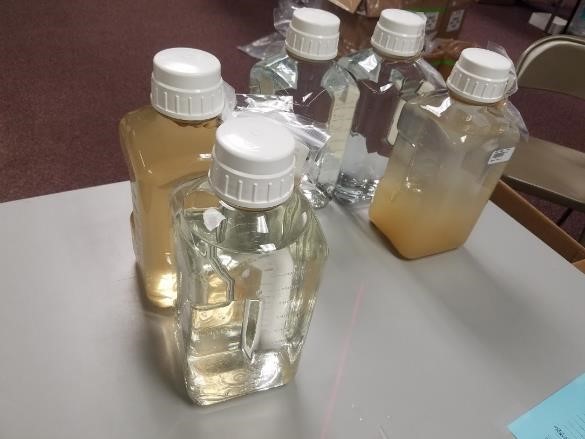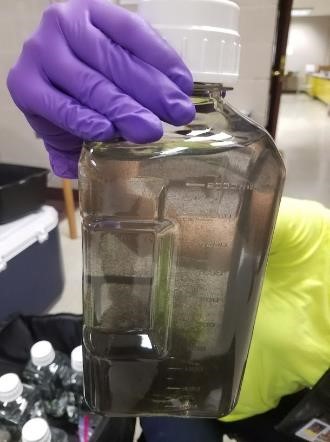Flint Area Community Health and Environment Partnership: FACHEP
Since June 2016, the FACHEP team has actively worked with Flint residents and community-based organizations to lay the foundation for close collaboration and engagement to understand community needs and concerns with respect to the Flint Water Crisis. This is the first systematic study of the potential relationship of Legionnaires' disease and the Flint water system. The data garnered from this study may be helpful as other communities grapple with aging water systems and associated emerging diseases.

FACHEP is led by Wayne State researchers specializing in environmental engineering, public health, and social work and community support systems. The team also includes participants from Michigan State University, the University of Michigan, Colorado State University, Henry Ford Health System, The MADE Institute and Genesee Health Systems. Funding for the FACHEP's independent study is provided through a contract between the Michigan Department of Health and Human Services and Wayne State University.
The Wayne State University School of Social Work is working as part of this multidisciplinary, multi-institutional team of experts to assist Flint residents, and those in Genesee County, to address knowledge gaps, access to resources and improve the health of Flint residents. A sub study documenting older adult voices about the Flint water crisis is also underway. In line with the Social Work Grand Challenges of Closing the Health Gap and Achieving Equal Opportunity and Justice, researchers from the School of Social Work are collaborating with FACHEP counterparts to connect Flint residents to community resources, social services, and health care providers.
The School of Social Work is integral to and a driving force behind, strengthening existing capacity in infrastructure, institutions, and groups of individuals to enhance community resilience. As part of the FACHEP team of experts, the School of Social Work developed a resource guide, tools, methods, and protocols to address access, disparities in fiscal resources, and resource constraints. Multiple trainings were conducted to ensure that the FACHEP team was certified in research ethics and able to carry out the protocol with fidelity.
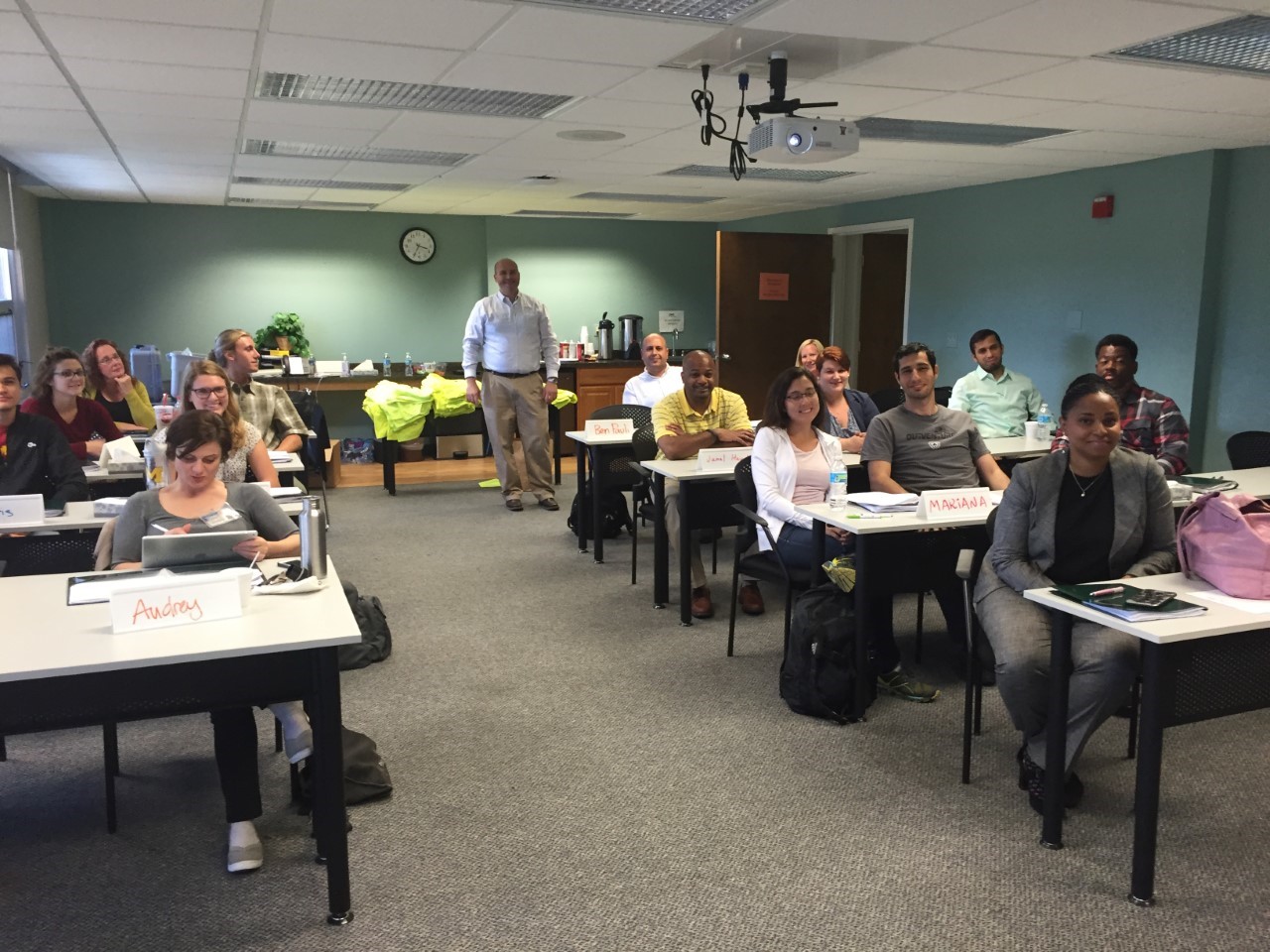
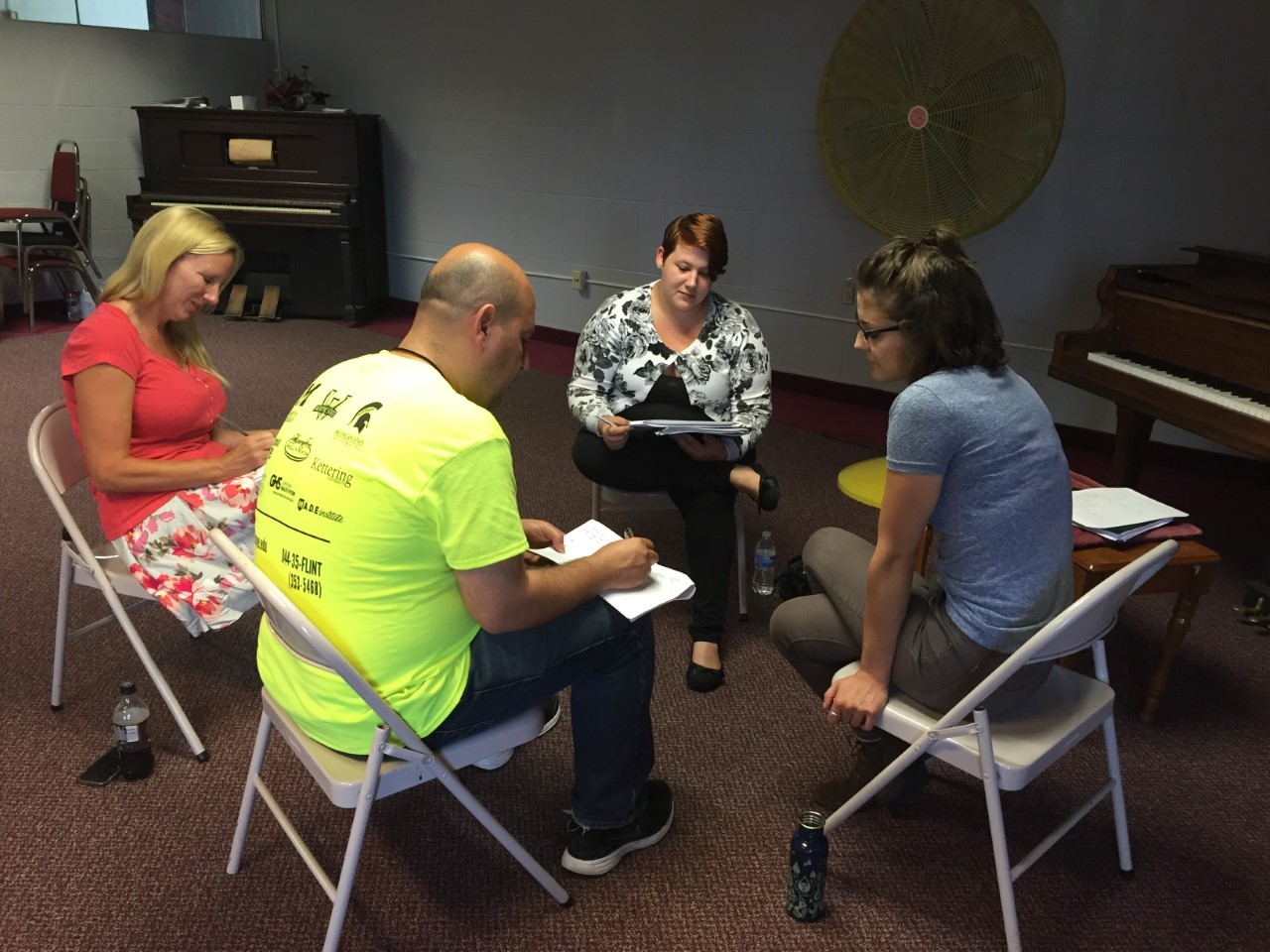
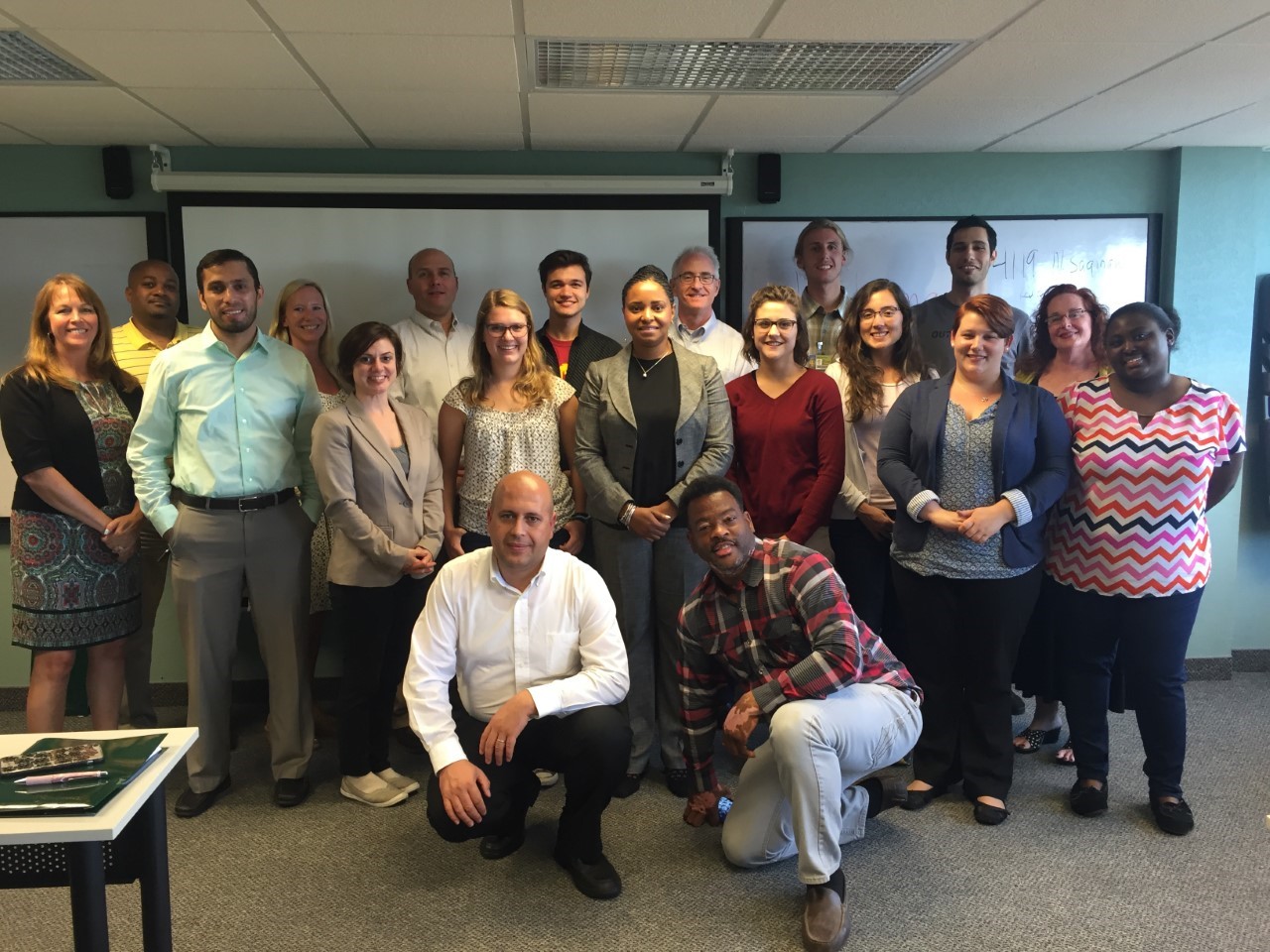
Under the direction of the School of Social Work researchers, the behavioral health team or Community Resource Specialists work to address the increasing need for services and the evolving capacity or capability of local agencies to deliver services during this environmental crisis - while concomitantly acknowledging the participating residents strengths and viable coping strategies. To scaffold coping strategies and provide resource support, Community Resource Specialists provide a safe platform whereby resident's voices are heard and honored while their unique challenges are addressed by way of a formalized "first order" resource plan. In this effort to assuage the adverse effects of dangerous environmental conditions, FACHEP team members' partner with Flint residents to address challenges related to poverty, discrimination, and access to basic health care on a routine basis. When specific challenges are identified, a hierarchy of need is established and a formal action plan is put into motion to facilitate access to needed resources - and - in the event that emergency measures need be taken or residents are without means to access identified resources, a policy of "warm transfer" was established whereby the Community Resource Specialist facilitate an immediate and real time connection to community agencies or health care providers.
The aim of this important work is to identify and prevent exposure to Legionnaires' disease and to always be mindful of the increasing needs of Flint's most vulnerable and at-risk populations; including children and older adults. Social work faculty including Drs. Joanne Sobeck, Joanne Smith-Darden, Poco Kernsmith, Susan Lebold and Tam Perry will continue to work with FACHEP team members and partners through 2017.
